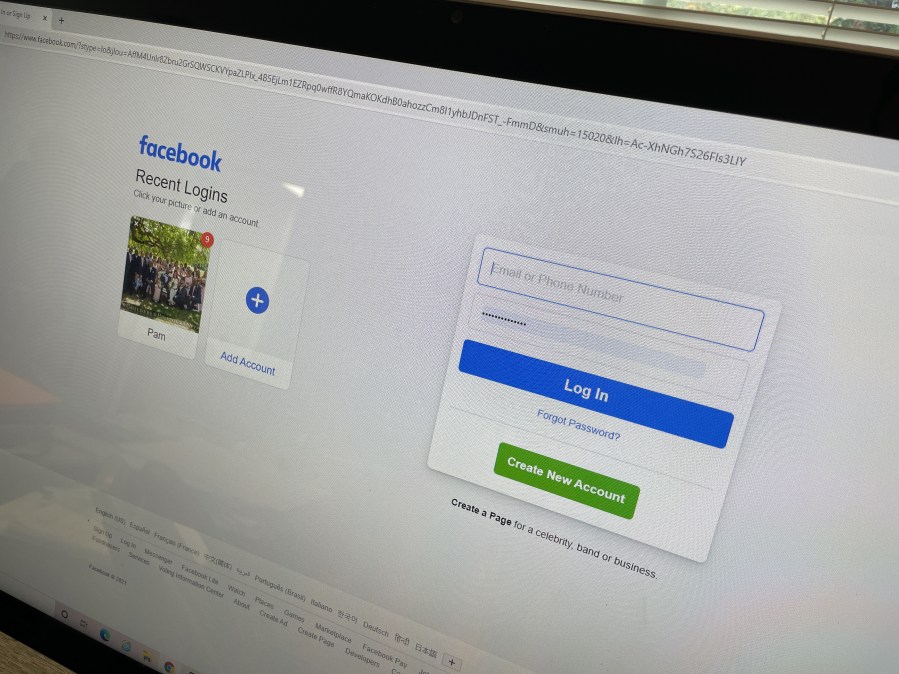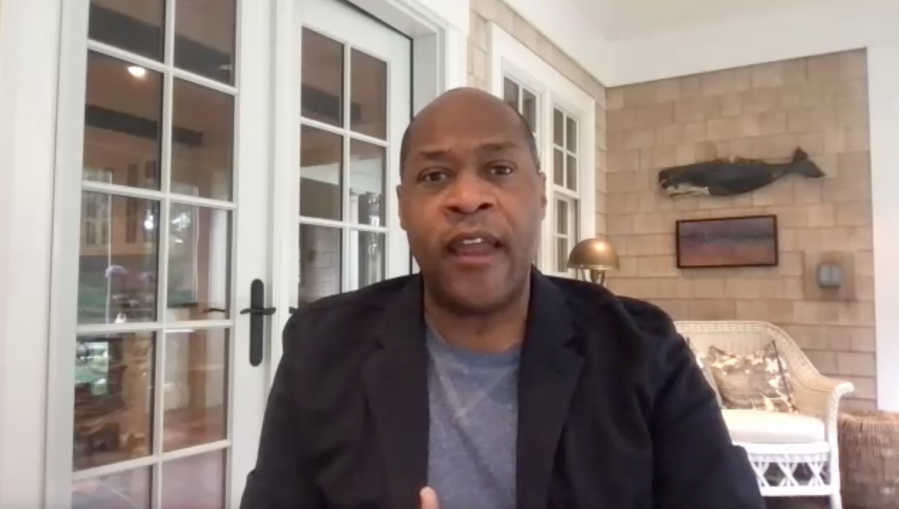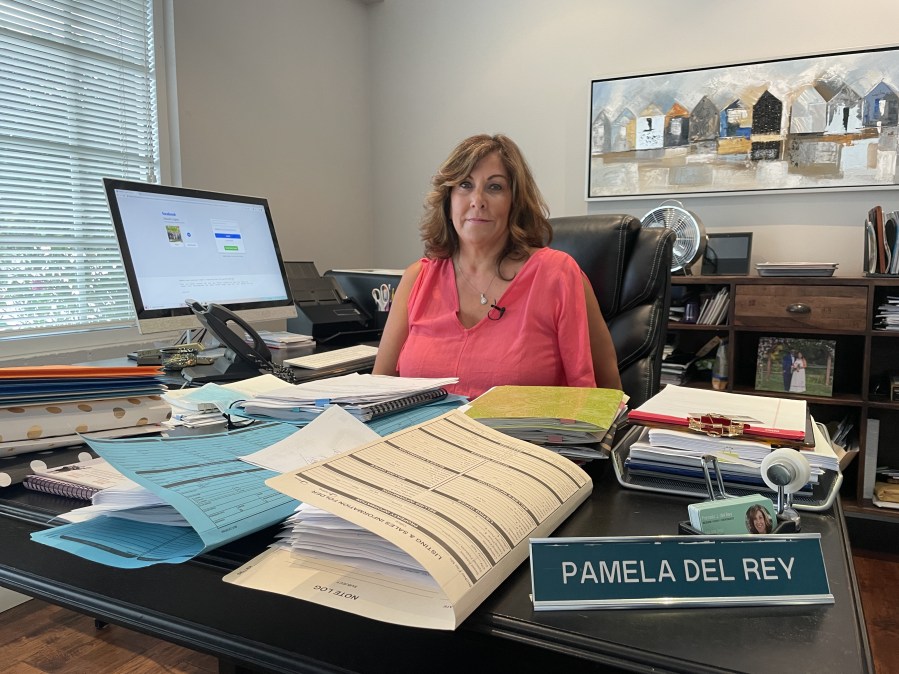Every week, I get emails from viewers saying they’ve been hacked on Facebook:
“Last week my Facebook account that I’ve had for 15 years was hacked. The person changed my password, phone”
“The problem is the hacker changed my email and phone number so Facebook doesn’t recognize the information I’m putting into the system”
“I’d like to know if you can assist or recommend someone for a remedy of a locked out Facebook account. I’ve had this account for nearly 12 years and believe it might have been hacked.”
It’s a troubling trend, and once you’re locked out, getting your account back can be frustrating and time consuming.
Follow Rich DeMuro on Instagram for more tech news, tips and tricks.

I contacted Facebook to learn about the ways hackers get access and to find out the best ways to protect your account.
“We take this very, very seriously. We have 2.7 billion people on the platform, and we recognize that this is always going to be an issue because people always want to take advantage of other people which is unfortunate but that’s the reality,” explained Robert Traynham, head of public affairs for Facebook.

The surprising way hackers gain access to many Facebook accounts? Through your email account.
First, they’ll get access to your email because of a weak password, then do a password reset on Facebook and begin to reclaim the account as theirs. From there, they can message your friends, gain access to your personal information and more.
Facebook didn’t give me specifics on why hackers want access but said they could do damage with the information gained from personal accounts.
The number one thing you can do to protect your Facebook account: Turn on Two Factor Authentication.
Once it’s on, your account will require two things to log in: your password along with an additional one-time code, which is texted to your phone or generated by an app like Authy, Google Authenticator or Microsoft Authenticator.
To do it, on mobile, open the Facebook app and tap Menu. Scroll down and tap Settings. Scroll down and tap Security and Login. Tap Set up two-factor authentication and follow the instructions. If you see a green lock symbol at the top of the screen, you’re already set up and good to go!
On desktop, go to Facebook and click the down arrow near the upper right-hand part of the screen. Next, click Settings & Privacy. Click Settings. Now, look towards the left part of your screen and click Security and Login. Finally, click where it says Set up Two Factor Authentication and follow the prompts.
Another security feature to turn on is Facebook’s Trusted Contacts feature. It uses your friends to help you regain access to your account if you’re ever locked out.
Finally, if you do get locked out of your account, the first place to go is facebook.com/hacked.
There, you’ll submit what happened and answer questions about your account and potentially submit identification so Facebook can help give you back rightful access. Just be aware, not only can it take a while, but you might also not regain access at all.
“It may take some time, asking for your patience, the reason why it may take some time is we’re doing a lot of homework behind the scenes,” Traynham.

I talked to Arcadia real estate agent Pamela Del Rey about her experience getting hacked on Facebook.
“To lose access to all those memories, you don’t realize how important that stuff is,” said Del Rey.
With my help, she was eventually able to get her account back.
“The lesson I learned is I should have listened to you when you said set up all the different security parameters that you can, and I hadn’t set up any of them,” said Del Rey.
Listen to the Rich on Tech podcast for answers to your tech questions.





















